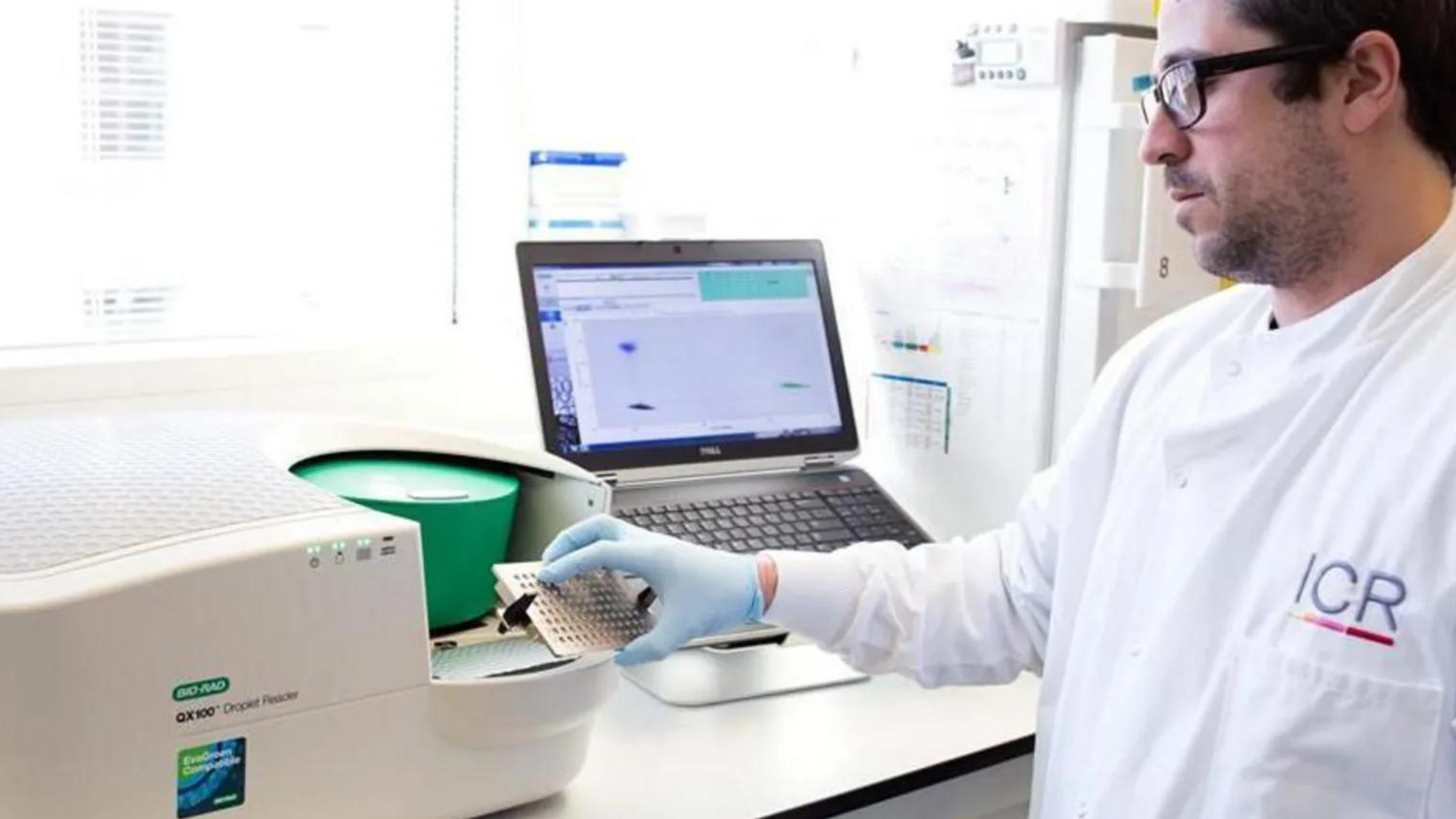
03 6月 New blood test ‘can predict’ breast cancer return
(English Text Only)
New blood test ‘can predict’ breast cancer return
By Harrison Jones, CNN
An “ultra-sensitive” new blood test can predict if breast cancer will return years before the disease shows up on scans, researchers say.
It picks up traces of a tumour’s DNA before a full relapse and was found to be 100% accurate at predicting which patients would see their cancer return.
It is hoped that the test can allow treatment to start earlier and improve survival rates.
The UK research has been branded “incredibly exciting” by experts but is still in its early stages.
Breast cancer is the most common form of the disease worldwide, with 2.26 million women diagnosed in 2020 and 685,000 deaths in the same year, according to Breast Cancer UK.
A team of researchers from the Institute of Cancer Research (ICR) London conducted the trial on 78 patients with different types of early breast cancer.
The “liquid biopsy” looked for 1,800 mutations in the patients’ blood which are released by cancer cells.
These circulating tumour DNA were found in 11 women, who all saw their cancer relapse. No other women saw their cancer return.
On average, the blood test detected cancer 15 months before symptoms appeared or the illness showed up on scans, according to results presented at the American Society of Clinical Oncology conference in Chicago on Sunday.
The earliest detection was 41 months before a scan confirmed the diagnosis.
Lead researcher Dr Isaac Garcia-Murillas, from the ICR, said: “Breast cancer cells can remain in the body after surgery and other treatments but there can be so few of these cells that they are undetectable on follow-up scans.”
He added that the cells can cause patients to relapse many years after their initial treatment.
Dr Garcia-Murillas said the study lays the groundwork for better post-treatment monitoring and potentially life-extending treatment.
Researchers tested blood samples at the point of diagnosis, then again following surgery and chemotherapy.










